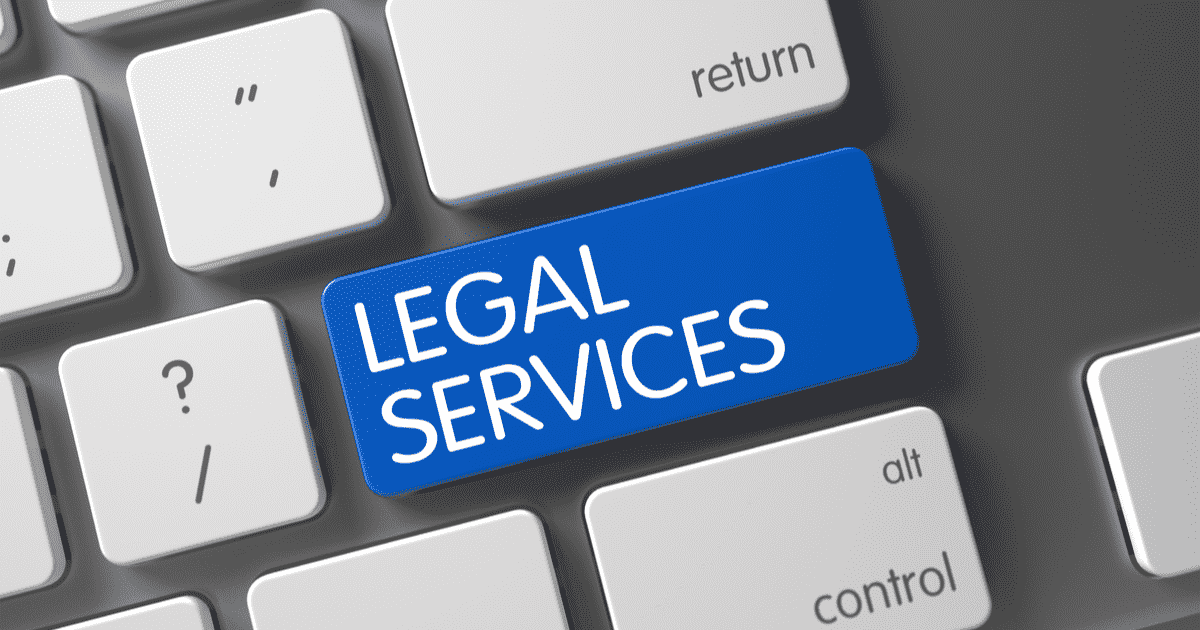Legal clinics have the power to provide access to justice to underserved populations. These clinics are set up to provide free or low-cost legal services to people who cannot afford a private attorney. Access to justice is a fundamental right, yet many people do not have the resources to protect and enforce their legal rights. Legal clinics have become a critical resource for those who cannot afford a private attorney.
According to a report by the American Bar Association, there is a significant justice gap in the United States, with only 20% of low-income Americans receiving legal assistance for their civil legal problems. This is where legal clinics come in to bridge the gap. They are staffed by lawyers, law students, and volunteers who provide legal services to underserved populations. These services may include legal advice, representation, and education.
Legal clinics are particularly important for marginalized communities that face additional barriers to access to justice. For example, immigrants and refugees may face language barriers, lack of familiarity with the legal system, and fear of deportation. Domestic violence survivors may be hesitant to seek legal help because of the fear of retaliation from their abusers. Legal clinics offer a safe and supportive environment for these individuals to seek the legal help they need.
Legal clinics also provide a valuable learning experience for law students. Law students have the opportunity to work on real cases and gain practical legal skills while providing a much-needed service to the community. It helps build their practical knowledge and strengthens their communication and advocacy skills.
The impact of legal clinics is significant. They provide legal services to thousands of people every year. Legal clinics assist individuals with matters related to immigration, housing, employment, family law, consumer law, and other issues that disproportionately affect underserved populations.
Apart from providing legal aid, legal clinics also help reduce the burden on the justice system. They help prevent individuals from representing themselves in court, which can lead to delays and complications. This leads to more effective use of court resources.
In conclusion, legal clinics are a critical resource in providing access to justice to underserved populations. They provide free or low-cost legal services to individuals who would otherwise be unable to obtain legal aid. Legal clinics play a vital role in ensuring that marginalized communities have equal access to justice. They not only benefit the individuals they serve but also help elevate the integrity of the legal system.

